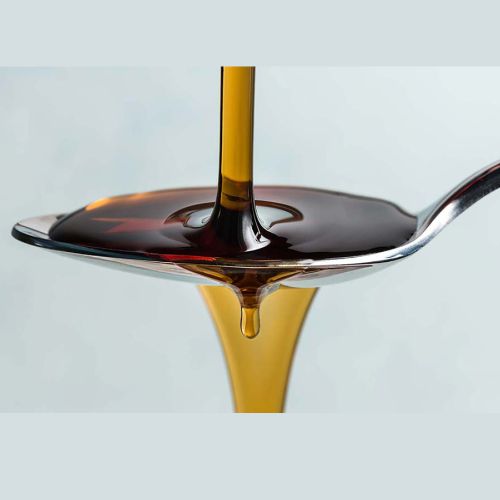The Sugar Regulatory Administration (SRA) in Philippines has imposed a moratorium on molasses imports to prioritize local production and support the domestic ethanol and alcohol industries.
In Molasses Order No. 1, issued on September 30, the Department of Agriculture–attached agency said it would review import rules to ensure a better balance between producers and users.
The move came after industry groups reported a drop in local molasses withdrawals from mills and a steep fall in prices, now averaging P12,000 per metric ton compared with P18,000 last crop year.
Molasses, a thick syrup from sugarcane or sugar beets, is mainly used for animal feed, ethanol, and sweeteners. In the Philippines, most of it goes to ethanol plants, which supply oil companies to meet the biofuel law’s mandate for locally produced ethanol in gasoline.
As per the news report by Daily Tribune, government data show molasses imports jumped 28 percent last crop year to 853,285 metric tons, even as domestic production rose by 20.5 percent to 1.176 million metric tons. This left stockpiles of more than 303,000 metric tons at mills by the end of August.
SRA Administrator Pablo Luis Azcona said the agency will look into the mismatch between rising production and stagnant withdrawals.
“We need to understand why locally produced molasses is being left unused when there is enough supply. That means there’s no reason to import,” Azcona said.
He added that ethanol makers should be sourcing feedstock locally, in line with the biofuel law, while alcohol producers should prioritize higher-quality domestic molasses before turning to imports.
The moratorium will run until the end of the year, but the SRA said it could be extended or lifted depending on stock levels.
The agency clarified it will not process new clearances for imported molasses, though applications filed before the order and shipments already in transit will still be allowed.
Despite the import halt, the SRA assured farmers and millers that a performance-based system for future imports will be developed to keep allocations fair.
















